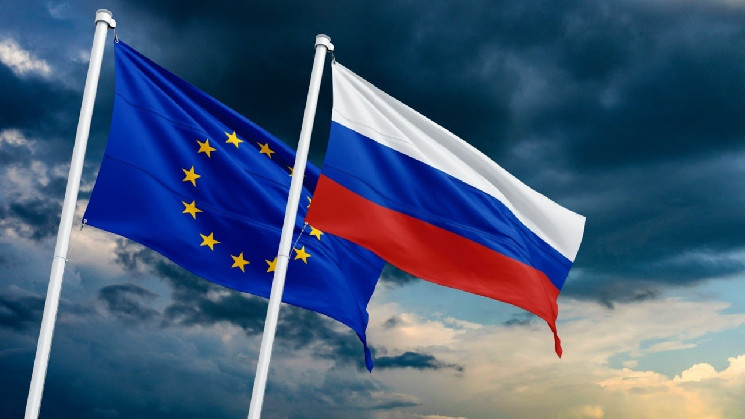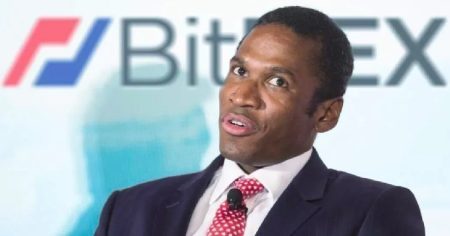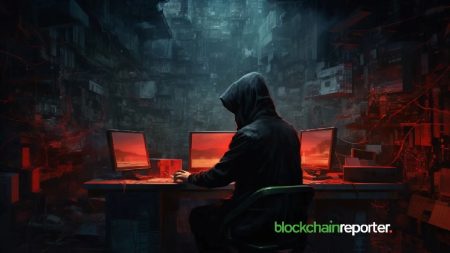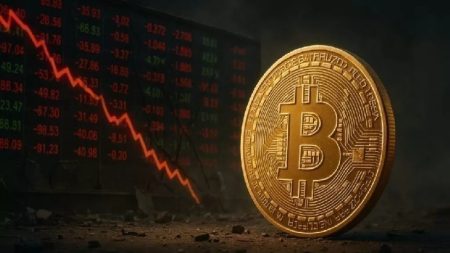The seizure of Russia’s frozen assets, a topic gaining traction amid concerns about future U.S. support for Ukraine, presents a complex web of legal, economic, and geopolitical risks, potentially triggering a catastrophic chain reaction with global implications. Euroclear, the Belgian clearinghouse safeguarding the bulk of these assets, has voiced serious reservations, emphasizing the potential for destabilizing the global financial system, undermining trust in the euro, and provoking severe retaliatory measures from Russia. This precarious situation demands careful consideration of the potential consequences before any irreversible actions are taken.
At the heart of the issue lies the legal and ethical dilemma of confiscating state assets. While the EU has been using the generated profits from these frozen assets to aid Ukraine, the prospect of outright seizure raises fundamental questions about international law and established financial norms. Euroclear’s CEO, Valerie Urbain, has explicitly warned about the potential legal liabilities, highlighting the risk of Russia reclaiming its assets in the future. Confiscation without addressing these liabilities could create a dangerous precedent, eroding trust in the global financial system, particularly among central banks that rely on established legal frameworks for safeguarding their assets. This erosion of trust could have far-reaching consequences, impacting not only Russia but also other nations, potentially leading to a decline in the use of the euro as a reserve currency.
The potential economic fallout from confiscating Russian assets extends beyond the immediate impact on Russia and the euro. The move could trigger a ripple effect throughout the global financial system, potentially destabilizing markets and disrupting international trade. Russia’s likely retaliatory measures, including the nationalization of Western-owned assets within its borders, would further exacerbate the situation, creating a tit-for-tat scenario with unpredictable consequences. This escalating cycle of retaliatory measures could significantly damage international economic relations, hindering global growth and cooperation.
Furthermore, the geopolitical implications of seizing Russian assets are equally concerning. Russia has already condemned the use of frozen asset profits to aid Ukraine, labeling it as theft and a violation of international norms. Confiscation would undoubtedly escalate tensions between Russia and the West, potentially leading to further deterioration of diplomatic relations and increasing the risk of broader conflict. This action could also push Russia closer to its allies, solidifying geopolitical blocs and further fragmenting the global order.
The discussion around seizing Russian assets is inextricably linked to the ongoing conflict in Ukraine and the uncertainty surrounding future U.S. support. While the EU has been utilizing generated profits to aid Ukraine, the possibility of a shift in U.S. policy under a potential new administration has fueled discussions about more drastic measures, including outright confiscation. This uncertainty adds another layer of complexity to an already delicate situation, underscoring the need for careful consideration of all potential consequences before any action is taken.
In conclusion, the seizure of Russia’s frozen assets presents a complex and multifaceted challenge with the potential for catastrophic consequences. The risks of destabilizing the global financial system, undermining trust in the euro, provoking severe retaliatory measures from Russia, and exacerbating geopolitical tensions are substantial. While the desire to support Ukraine is understandable, it is crucial to approach this issue with caution and to fully consider the potential ramifications. A hasty decision could trigger a chain reaction with far-reaching and potentially irreversible consequences for the global economy and international relations. The ongoing dialogue and careful assessment of risks by institutions like Euroclear are essential to navigating this complex landscape and avoiding a potentially disastrous outcome.







![Standard Chartered Cuts Bitcoin and Ethereum Forecasts, Predicts Bottom by [Date] at $[Price]](https://commstrader.com/wp-content/uploads/2026/02/3f2a2e40b5435ea86ade84c25b7ee76c02e7fe3c-450x300.jpg)







